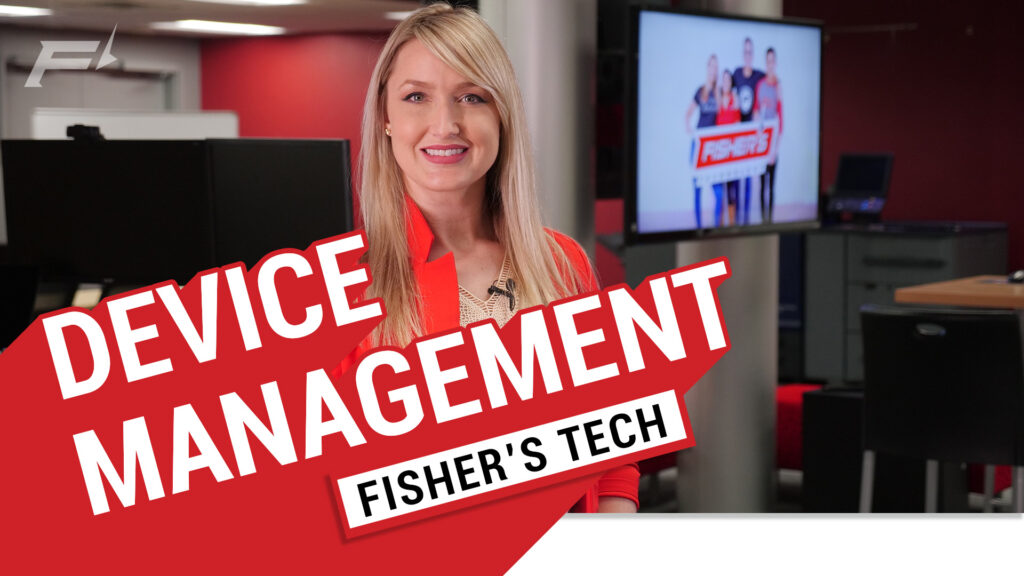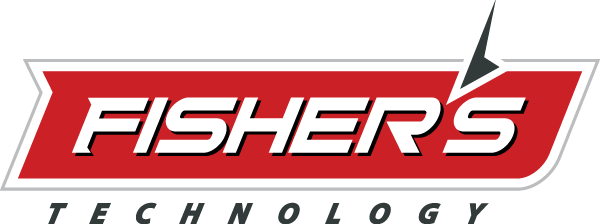
Fisher’s Device Management
If you’ve ever worked with an IT company; you might hear them talk about device management or tools they use to manage networks. For Fishers, device management means a software we use to help track, service, and maintain computers for our customers.
The software we use installs an agent on computers that allows us to do a bunch of tasks that normally would be extremely time-consuming. A few examples are making sure our customers have important updates to prevent cyberthreats, rolling out software patches to fix issues, gathering detailed asset information, and sending us notifications if a PC has an issue like low disk space or a failing hard drive.
All business with data should have a backup plan in place. Data is one of your most valuable assets. Without our device management in place, an IT administrator would have to physically touch each computer to perform these tasks or gather this information, but with our tool in place it takes a few minutes to get all this done.

Why do I need Device Management?
Device management helps ensure the security of your devices and that you are running on the best updated software available. Device management helps maintain best practices in compliance policies - making sure devices are set to organizational standards.
Top Benefits of Device Management:
Security Enhancement:
- Device management plays a crucial role in enhancing security by allowing administrators to enforce security policies across all connected devices.
- It enables features such as remote monitoring, tracking, and wiping of devices in case of loss or theft, preventing unauthorized access to sensitive data.
- Centralized control ensures that security updates and patches are consistently applied to all devices, reducing vulnerabilities.
Efficient Resource Utilization:
- Device management helps optimize resource allocation by providing a centralized view of all devices within the network.
- Administrators can monitor usage patterns, identify underutilized or overutilized devices, and make informed decisions about resource allocation and upgrades.
- Automation of routine tasks, such as software updates and patch distribution, reduces manual effort and increases operational efficiency.
Remote Management and Support:
- The ability to manage devices remotely is a significant benefit of device management.
- Administrators can troubleshoot issues, perform updates, and make configuration changes without physically accessing each device.
- This remote management capability is particularly valuable in large or geographically dispersed organizations, saving time and resources associated with on-site support.
While these are the top three benefits, it's important to note that device management provides a range of advantages, including cost efficiency, compliance management, and improved user experience. Employees are more likely to be satisfied and productive when their devices are reliable, secure, and equipped with the necessary software and configurations.
Your business has enough on its plate, let Fishers take your mundane IT tasks
and manage them in a quick efficient way.
Get in Touch!
Fill out the form to connect with our Team.
Main Form (Off Canvas)
"*" indicates required fields
